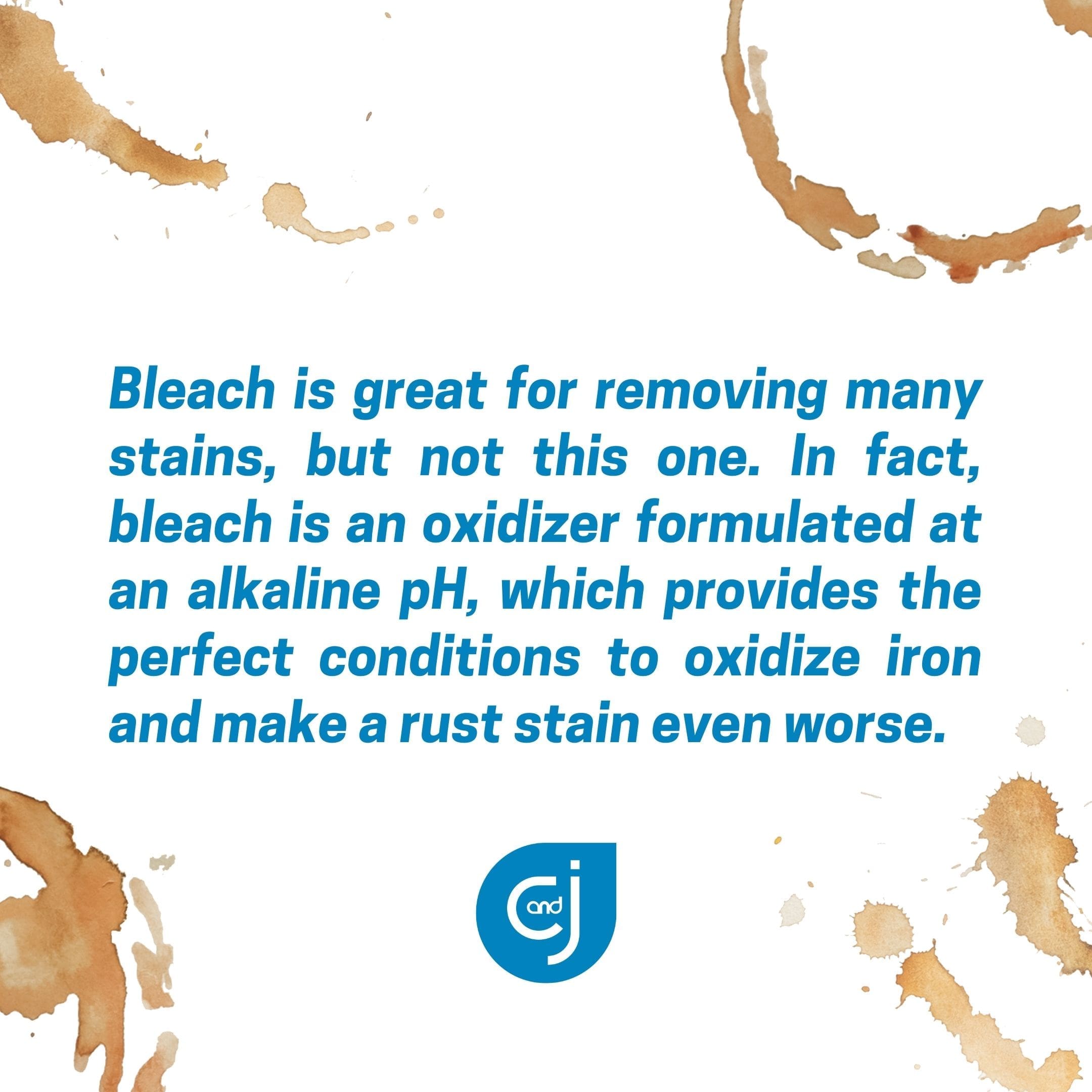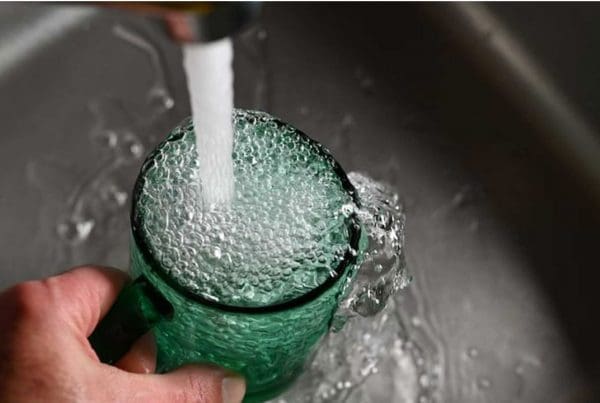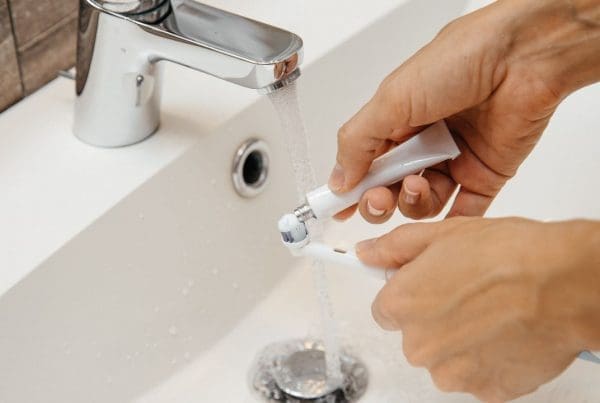Rust is a common problem in homes. It’s usually caused by iron in water that reacts with air and oxygen to form an orange stain. The size and intensity of the stains depend on how long it was exposed to air, how much iron there was in the water, and how much oxygen was available for oxidation. There are many ways that rust can enter your home—from plumbing leaks or washing machine overflow onto clothing. While it may seem like removing rust stains from your home is impossible, it’s not! Here are some helpful tips for eliminating orange rust stains from your clothes and other surfaces around your house:
Water Stains and the Causes
Okay, so you want to know how to prevent orange water stains in your home. Several factors cause water spots, but the most common culprits are corrosion and oxidation. Even if your water looks clear, it can still contain iron oxide. Use a water test kit to identify any metals in your water and their concentrations. Once you know more about your water, fixing the problem with a long-term solution will be easier.
Water corrosion occurs when hard water minerals break down over time and stick to surfaces like sinks or tubs. These minerals can be anything from calcium carbonate (the same stuff that makes up seashells) or magnesium sulfate—more commonly known as Epsom salt—to iron oxide or manganese sulfate.
Iron and rust form when oxygen interacts with iron molecules in tap water, which then oxidize into an orangey-brown color that leaves marks on your fixtures when they dry out. Oxidation also happens when chlorine combines with organic material like dirt or soap scum on shower doors; these reactions produce chloramines (which smell like chlorine) and those ugly stains. Iron can be found in water, soil, and certain foods, and it’s also present in some medications like antacids and vitamins.
Furthermore, if your washing machine is older, there could be rust on the inside of the washer. That rust can transfer to your laundry, especially if wet clothing isn’t removed immediately after the rinse cycle. This can happen whether or not you use bleach to wash your laundry. Examine the inside of the washer, especially the drain holes in the basket, and look for any signs of rust. Replacing the clothes washer is necessary to eliminate this problem.
How to remove orange rust stains in your home
 Can you use bleach? Bleach is great for removing many stains, but not this one. In fact, bleach (or any product that contains sodium hypochlorite) is an oxidizer formulated at an alkaline pH, which provides the perfect conditions to oxidize iron and make a rust stain even worse.
Can you use bleach? Bleach is great for removing many stains, but not this one. In fact, bleach (or any product that contains sodium hypochlorite) is an oxidizer formulated at an alkaline pH, which provides the perfect conditions to oxidize iron and make a rust stain even worse.
You’ll want to use a rust stain remover to remove rust stains from your home—there are several options available:
- Oxalic acid is a popular option for removing rust stains from clothing and other fabrics. It’s also effective as part of a homemade hydrogen peroxide and vinegar mixture. Rust removers are very strong acids — that’s why they’re effective. Always follow the label instructions to use the product safely and wear heavy-duty rubber gloves.
- Hydrogen peroxide is another common ingredient in homemade solutions for removing rust stains from clothing and other fabrics.
- Vinegar is another useful ingredient in homemade solutions for removing rust stains from clothing and other fabrics; however, like hydrogen peroxide above, it may irritate if inhaled or absorbed through the skin.
Removing rust stains from your home can be tricky, but it’s not impossible.
Water stain cleaning products — You can also purchase treatment products at your local hardware store or online, including rust removers and stain preventers (like CLR). These products work by removing rust from metal surfaces when applied directly to them, but they’re only sometimes effective on porous surfaces such as concrete floors or grout lines between tiles; additionally, their effectiveness may be short-lived due to repeated exposure over time.
Filters/purifiers/softeners — If you don’t already have one installed for another reason, consider installing one now so that it will be ready next time there’s an issue with orange water stains in your home.
Once you’ve removed the water stains in your home, you’ll want to prevent them from happening again.
How to Prevent Orange Water Stains in Your Home
Water softeners — If you don’t have a water softener, it’s best to use that first. A softener will remove the calcium and magnesium that can cause rusty stains in your home’s plumbing and fixtures. Orange water stains can be eliminated with a water softener or treatment system. These systems use salt to reduce the amount of calcium and magnesium in your water, which allows you to clean with less soap and avoid those pesky orange stains.
Water filters — Whole-house water filters, reverse osmosis, and softener systems can improve your water quality, especially if you have well water. Installing a long-lasting solution to eliminate iron from your household water will give you better laundry results and reduce stains in your sinks and toilets. A water softener is a device that uses salt (or potassium) to remove minerals from your hard water, making it softer and more suitable for washing clothes or dishes. If you have hard water in your home, consider adding one of these devices—they’ll improve how well things rinse off and their appearance over time—no more orange stains!
Now that you know what causes orange water stains and how to remove them, you can prevent them from happening in the first place. If you are experiencing any of these issues, contact C and J Water today for a free water analysis and pressure-free equipment options. With these simple steps, your home will be stain-free—and so will it’s plumbing.




